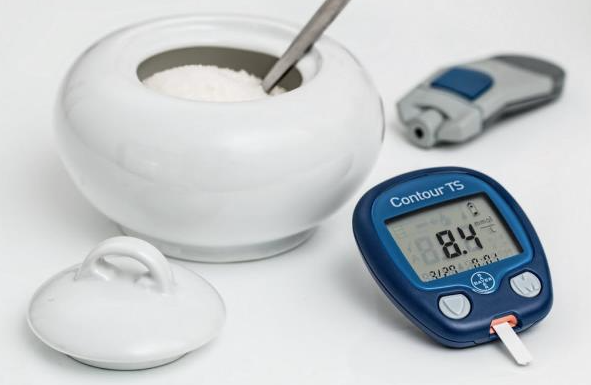Diabetes is a chronic disease that affects millions of people around the world, including New Zealand. According to the Ministry of Health, an estimated 200,000 Kiwis have been diagnosed with diabetes, and a further 100,000 may have the condition without even realising it. This means that diabetes is a significant health issue in New Zealand, and it is essential for people to understand the disease, its implications, and how to manage it.
What is Diabetes?
Diabetes is a metabolic disorder that occurs when the body cannot produce enough insulin or cannot use insulin effectively. Insulin is a hormone produced by the pancreas that helps regulate blood sugar levels. When the body cannot produce enough insulin or use it properly, blood sugar levels can become too high, which can lead to a range of health problems.
There are two main types of diabetes: type 1 and type 2.
- Type 1 diabetes is an autoimmune disease that typically develops in childhood or adolescence. It occurs when the body’s immune system attacks and destroys the cells in the pancreas that produce insulin, leading to a lack of insulin in the body.
- Type 2 diabetes, on the other hand, typically develops in adulthood and is often associated with lifestyle factors such as obesity, lack of exercise, and poor diet. In type 2 diabetes, the body may produce enough insulin, but the cells in the body become resistant to its effects, leading to high blood sugar levels.
The Implications of Diabetes
Diabetes can have a range of implications for people’s health, including:
- Increased risk of cardiovascular disease, such as heart attacks and strokes
- Nerve damage, which can cause numbness and tingling in the hands and feet
- Kidney damage, which can lead to kidney failure and the need for dialysis or a kidney transplant
- Eye damage, which can lead to vision loss and blindness
- Poor wound healing, which can increase the risk of infections and amputations.
Managing Diabetes
While there is no cure for diabetes, it is possible to manage the condition effectively with the right care and support. This includes:
- Regular blood sugar monitoring to ensure that blood sugar levels are within the recommended range
- A healthy diet that is low in sugar and saturated fat and high in fiber and complex carbohydrates
- Regular exercise to help improve insulin sensitivity and lower blood sugar levels
- Medications such as insulin injections or oral medications that help regulate blood sugar levels
- Regular check-ups with a healthcare professional to monitor blood sugar levels and any complications that may arise.
Mobility Equipment and Diabetes
For people living with diabetes, mobility equipment can be incredibly beneficial. Mobility equipment such as wheelchairs, walkers, and mobility scooters can help people with diabetes to maintain their independence and mobility, which can be challenging with the complications associated with the condition.
Diabetes is a significant health issue in New Zealand, affecting hundreds of thousands of people. While the condition can have significant implications for people’s health, it is possible to manage it effectively with the right care and support. For people with diabetes, mobility equipment can be incredibly beneficial, helping them to maintain their independence and mobility and access the outdoors.
More Information
Visit the Ministry of Health website.
Read our other guides.

